This issue covers:
- New EU Energy Labelling For Vacuum Cleaners
- Australia Moves to Eliminate Counterfeit Cables
- Spotlight on HAL LED at Lux Live 2014
- Smart Meter Compatibility Scheme
New EU Energy Labelling For Vacuum Cleaners
The Commission of the European Union (EU) has published a list of standards that can be used to demonstrate compliance with its regulations related to the energy design and labelling of vacuum cleaners.
The list of standards, which was published in August 2014 in the Official Journal of the European Union, includes six new EN standards addressing various aspects of vacuum cleaner operation.
The EU Commission originally set eco-design and energy efficiency requirements for vacuum cleaners in its Regulation No 666/2013, with the requirements slated to take effect in September 2014. Energy labelling requirements for vacuum cleaners are prescribed in EU Regulation No 665/2013.
In addition to the latest announcement on vacuum cleaners, it is also reported that, to meet efficiency targets, the EU is considering implementing a ban on high-powered hairdryers, kettles and lawnmowers. According to a European Commission predatory study, “Ecodesign Working Plan 2015-2017 Implementing Directive 2009/125/EC,” 30 electrical items have been categorized as products that could be modified to improve energy efficiency.
Full details of the new vacuum cleaner standards are available here
Australia Moves to Eliminate Counterfeit Cables
Australia is increasing its efforts to eliminate the use of non-compliant electrical products in construction projects and sites around the country.
As part of these moves the Australian Procurement and Construction Council (APCC) recently launched a 64-page guide to assist architects and builders in developing a framework for compliance with national safety standards and ensuring products used in construction comply with these standards.
It was reported that pressure on the industry intensified following the August 27 recall of up to 40,000 electrical cables supplied by Infinity and sold through 18 retailers which failed electrical safety standards due to poor quality insulation coating that could lead to the insulation within the cables becoming brittle prematurely and thus becoming subject to dislodgement with physical contact, leading to electrical shock or fire.
The ACCC acknowledges there was no immediate threat to safety, but the incident is merely the latest example of non-compliant products posing threats to workers and the public. Full story available here
Spotlight on HAL LED at Lux Live 2014
The advanced HAL LED low power safety tester from Clare will be the focus of the company’s display (Stand No. J42) at the Lux Live 2014 lighting exhibition (19.20th November, ExCel centre, London).
Aimed specifically at LED manufacturers, the tester provides power measurement with a resolution of 200mW. This high resolution, low power provides improved control of the output of products under test, ensuring that quality control aspects of a functional test are within acceptable limits.
End-of-line tests can be completed with the additional benefit of assessments to confirm product functionality. The HAL LED also enables users to meet the safety compliance requirements for standards, including BS EN 60598, covering the safety of lighting equipment such as lamp holders, lights and fluorescent light.
Also showing at Lux Live will be Clare’s STM/L bench top tester, providing the complete suite of production line electrical safety tests, enabling compliance with the Lighting Association Code of Practice, the LIF recommendations and all relevant international technical conformance standards including EN 60598, UL 1598 and CSA C22.2.
Smart Meter Compatibility Scheme
A new initiative has been established to ensure compatibility and interoperability among smart meters.
Energy UK, BEAMA, the Energy and Utilities Alliance (EUA) and the Community of Meter Asset Providers (CMAP) have come together to set up the Smart Metering Device Assurance Scheme (SMDA).
The aim is to establish a central assurance regime to encompass interoperability and interchangeability testing for smart metering equipment. In particular it is intended to provide assurance that the mix of smart metering devices, including firmware, that make up the ‘Smart Metering System’ work together.
Included among the scheme’s objectives is that any disruption to customers should be minimised and that smart metering devices should not be a barrier for supplier switching.
For a copy of the new SMDA scheme visit www.beama.org.uk/
Do you use Clare or Cropico equipment? - If you think you may have a story for future e-news bulletins, please let us know by contacting us here.



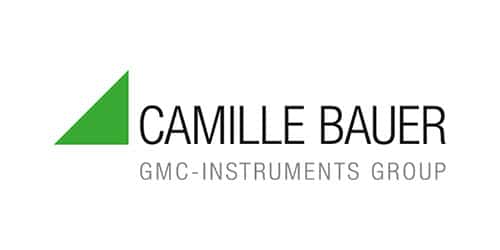
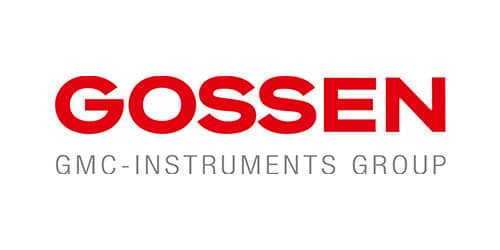
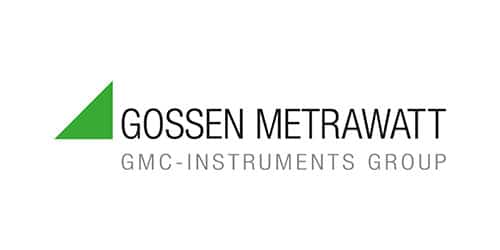
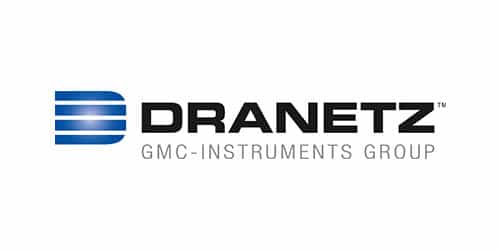
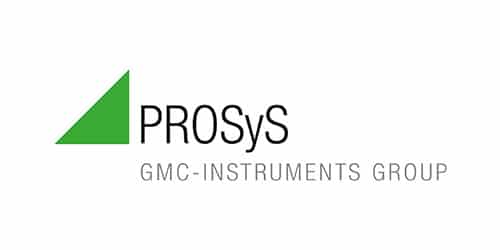
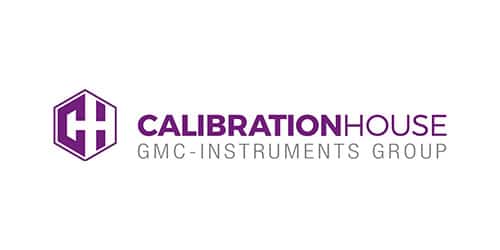
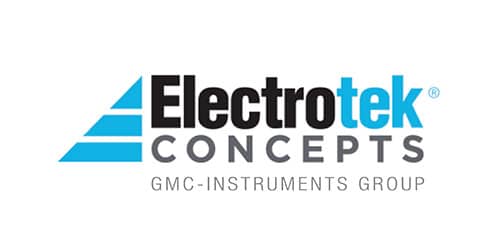
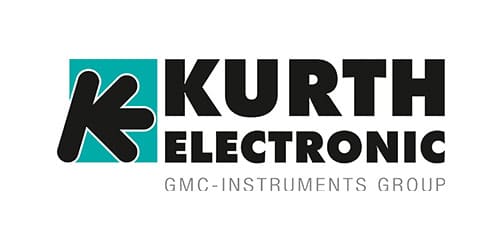
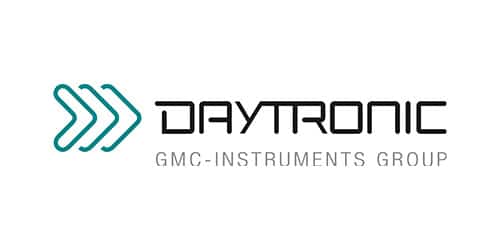
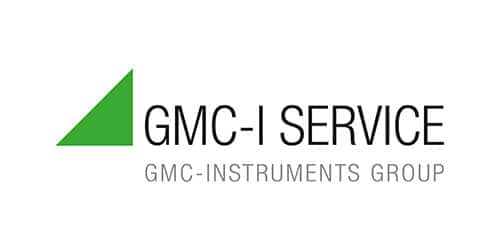
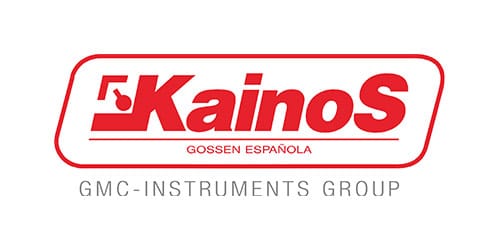
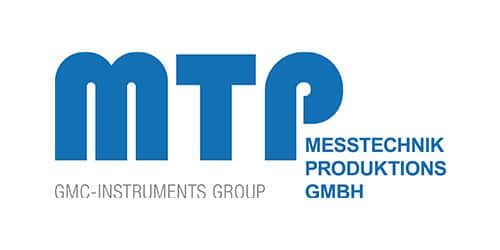
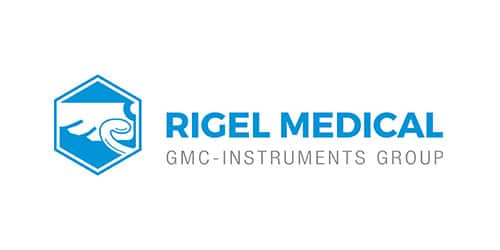
Sign up to our Newsletter.
Stay up to date with the latest industry and product news, as well as our free educational content such as webinars and our expert guides.
Close